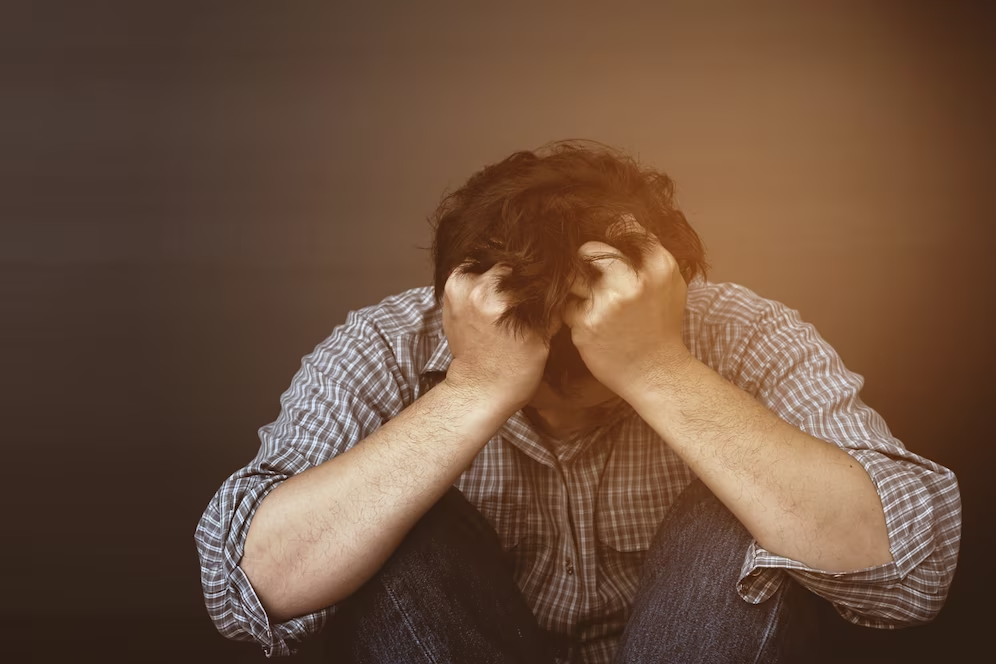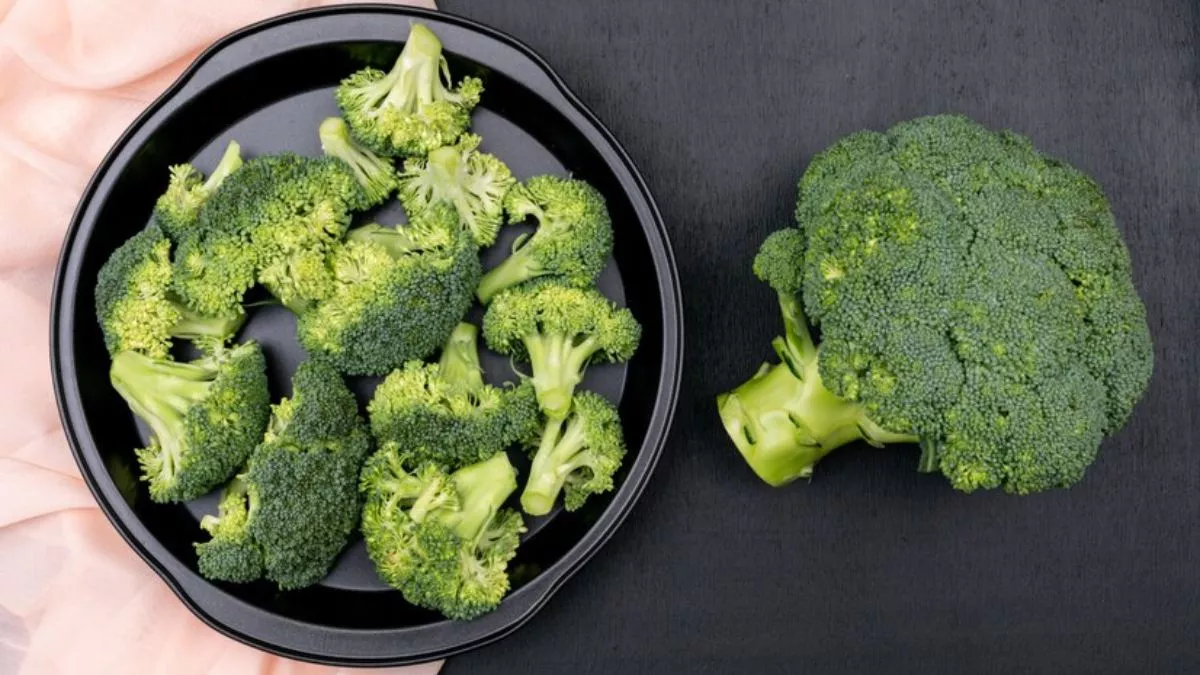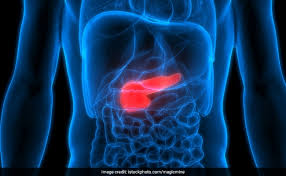Mental disorders are a serious health problem globally, which, if not addressed in time, can hurt overall health. This problem, which starts with stress-anxiety, can take the form of depression. The increasing problem of depression among youth is a major health risk about which experts have been raising concerns. According to the report of the World Health Organization, more than 280 million (28 crore) people worldwide are victims of depression. Due to social taboos regarding mental health problems, most of these people do not get timely treatment.

World Mental Health Day is celebrated every year on 10 October to remove social stigma regarding mental health and increasing education and awareness about diseases.
Health experts say that there can be many reasons for depression, but one problem is very common in about one-third of the patients. Health experts said that almost one-third of people suffering from severe depression have been diagnosed with alcohol addiction.
Alcohol and its long-term risks
A study conducted on people suffering from depression revealed that some people say that they started drinking alcohol to relieve their sorrows after a breakup, job loss, or life stress. However, the team of researchers found that alcohol does not actually eliminate these problems but instead worsens them in the long term. Research also shows a strong link between alcohol consumption and depression.
Alcohol habit in depressed people
The question is, does regular drinking cause depression, or are depressed people more likely to drink? The answer is that both are possible.
The researchers found that depressed people were more likely to develop drinking habits over the next few years. Talking to Amar Ujala, psychiatrist Dr Satyakant Trivedi says, the exception is that alcohol can increase the complications of depression. If you resort to alcohol to get relief from depression or stress, it may give you relief for some time, but in the long run, it can cause a delay in the diagnosis of the disease.

Fear of women drinking alcohol
Experts in the study said that women who have a history of depression may be more than twice as likely to drink alcohol. Drinking alcohol can make depression symptoms worse. Due to this, the possibility of suicidal thoughts also increases in many people. Not only this, if you have a habit of drinking heavy amounts of alcohol, it also reduces the effect of anti-depression medicines.
Even small amounts of alcohol are harmful
Dr. Satyakant explains alcohol can be said to be a factor that increases the risks of depression. People who drink alcohol may be more prone to getting the blues. Drinking too much alcohol also damages your brain and can cause depression. Alcohol can cause brain damage, which can also lead to neurological problems. Even if you drink alcohol in moderation, it can be harmful to physical and mental health, so it is important to stay away from it completely.
(PC: Freepik)










